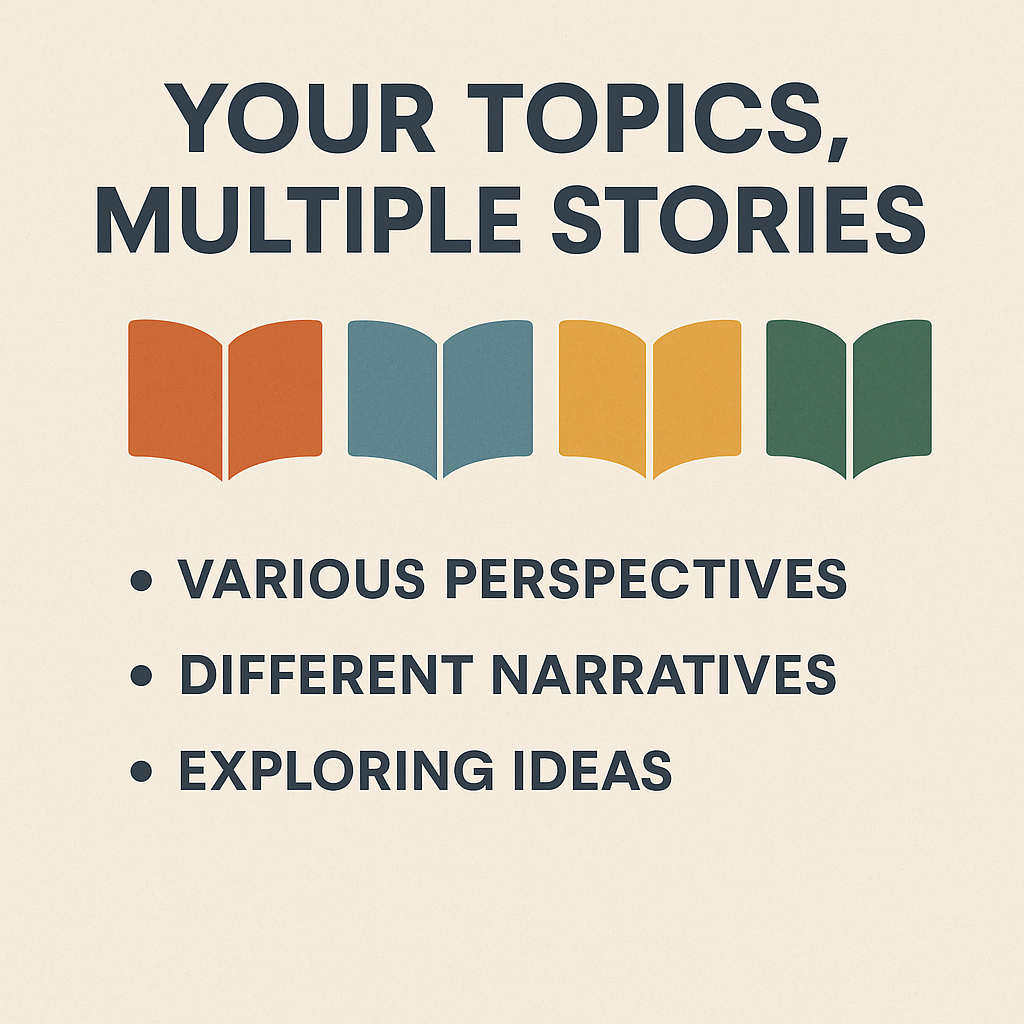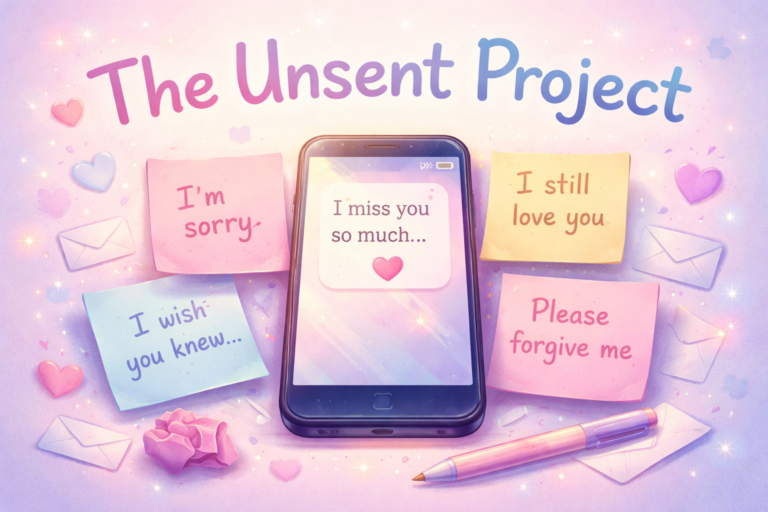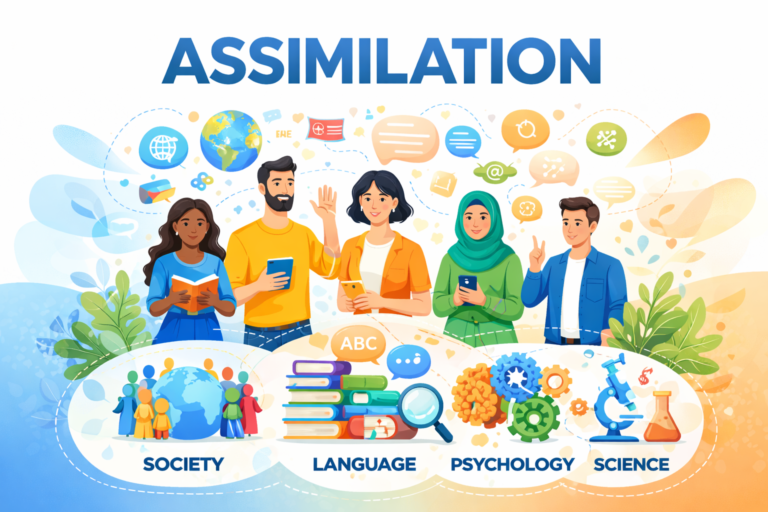Your Topics Multiple Stories – A Simple Way to Share Ideas
Telling stories is one of the best ways to explain ideas. But sometimes, one story is not enough. That’s why the idea of “Your Topics Multiple Stories” is so useful. It means using different stories to explain just one topic. This helps people understand it better.
In this method, the topic stays the same, but the stories around it are different. These stories can come from real life, imagination, history, or any other source. It works for writing, teaching, marketing, and more.
What Does “Your Topics Multiple Stories” Mean?
It means choosing one topic and telling different stories around it. Each story gives a new point of view or idea about the same topic.
Example:
If your topic is “Kindness”, your stories can include:
-
A child helping another student
-
A stranger returning a lost phone
-
A worker doing extra work without asking for reward
Each story shows kindness in a different way.
Why This Method Is Helpful
This method has many benefits. It helps people understand the topic better and connect with it emotionally.
| Benefit | How it Helps |
|---|---|
| Better learning | Seeing different examples helps explain ideas clearly |
| More emotional | Stories make the topic feel real and human |
| Different views | Shows how one idea looks in different situations |
| Easy to remember | People remember stories more than plain facts |
| Creative | Opens new ways to express your ideas |
Where Can You Use This Method?
This method can be used in many areas of work and life:
Common Uses
-
In schools – to teach with real-life examples
-
In writing – to explain one idea with many characters or events
-
In business – to show how a service helps different people
-
In personal talks – to share lessons from life
How To Create Multiple Stories for One Topic
You don’t need to be an expert to do this. Just follow these steps.
Step-by-Step Guide
-
Pick one main topic
Choose something meaningful or simple, like love, courage, or honesty. -
Think of different angles
Look at the topic from different sides – different people or situations. -
Write 3 to 5 stories
Each story should be short and focused. Make sure it connects with the topic. -
Keep it clear and simple
Don’t confuse the reader. Use simple words and short sentences. -
End with a message
After all the stories, share a message that connects them together.
Common Topics and Their Story Ideas
| Topic | Story Ideas |
|---|---|
| Bravery | A firefighter, a student standing up to a bully, trying something new |
| Friendship | School friends, long-distance friends, helping each other |
| Hard Work | A student preparing for exams, an athlete training, a farmer working |
| Kindness | Helping someone in need, speaking nicely, sharing with others |
| Change | Moving to a new city, starting a new job, learning something new |
Mistakes to Avoid
Even though this method is useful, some mistakes can make it confusing or less powerful.
| Mistake | What to Do Instead |
|---|---|
| Too many stories | Use only 3 to 5 stories to keep it easy to follow |
| Stories that don’t match | Make sure each story clearly connects to the main topic |
| All stories feel the same | Use a mix: real-life, creative, or historical examples |
| Writing too long | Keep each story short and focused |
| No final message | Always end with a message that links the stories |
How This Method Helps You
Using multiple stories for one topic is helpful for both the writer and the audience.
For the Audience
-
Understand the topic better
-
Feel more connected to the message
-
Remember the ideas for a longer time
-
See the topic in different ways
For the Writer
-
Organize thoughts better
-
Get more creative ideas
-
Build stronger and deeper messages
Using multiple stories for one topic is helpful for both the writer and the audience, as explored in detailed strategy breakdowns like those on JonathonSpire.
Final Thoughts
“Your Topics Multiple Stories” is a smart and simple way to explore a topic. It helps explain ideas in a deeper way and keeps people interested. Whether you’re writing a blog, teaching, telling a story, or giving a speech, this method helps you say more and reach more people.
Start with one topic. Add three or four stories. Finish with one message. That’s all you need to make your writing or speaking more powerful.






